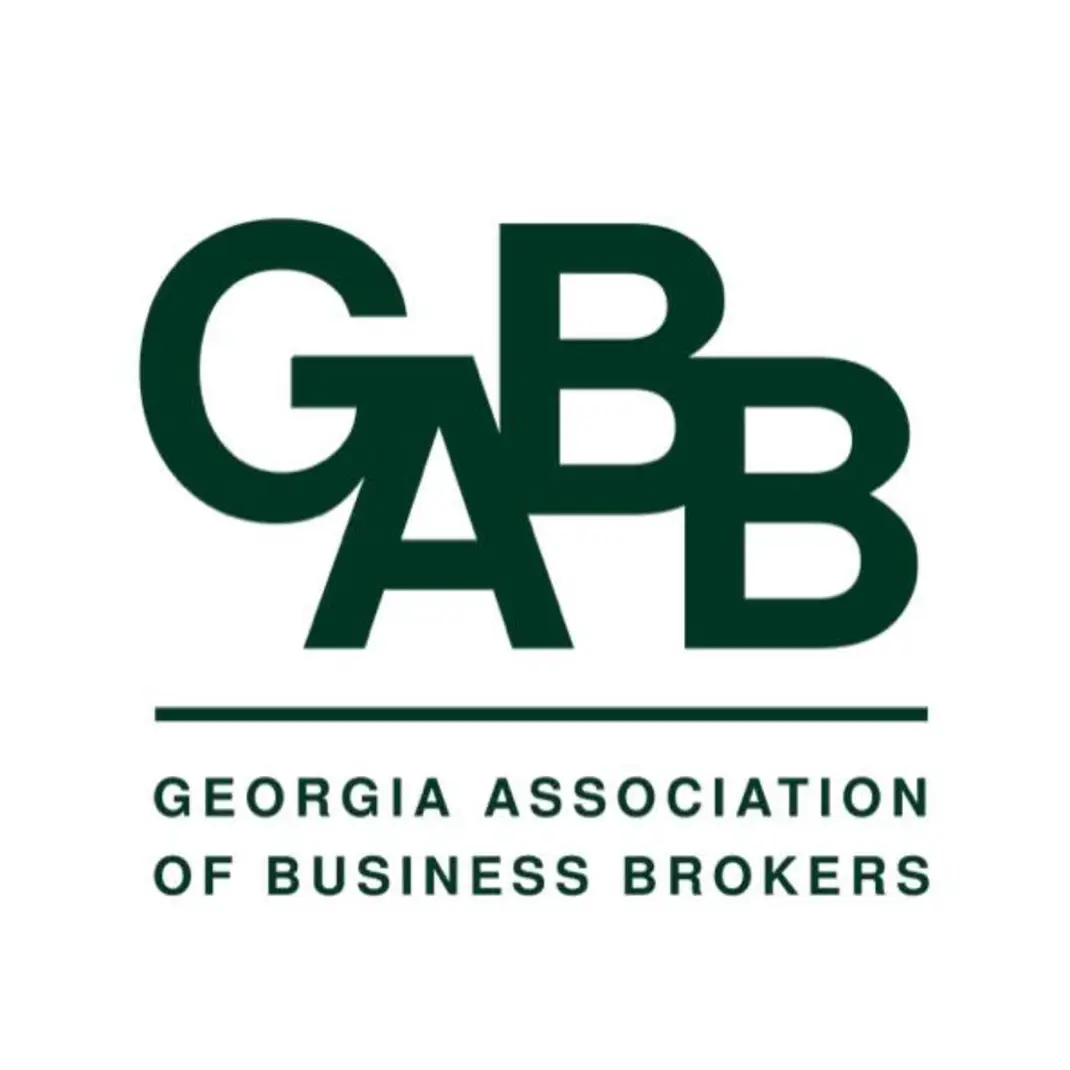
Brokerage companies in Georgia
Brokerage companies in Georgia play a vital role in facilitating various types of financial transactions, including real estate, insurance, and stock investments. With the country’s strategic location at the intersection of Europe and Asia, Georgia has seen a growing interest in foreign investments and trade. This has led to the establishment of multiple brokerage companies that provide a range of services to local and international clients, aiming to meet the demands of Georgia’s evolving market and investment landscape. Here’s an overview of the main types of brokerage companies in Georgia and their impact on the economy.
1. Real Estate Brokerages
Real estate brokerage firms are among the most common in Georgia, largely driven by the rapid development in cities like Tbilisi and Batumi. These companies act as intermediaries between buyers and sellers, landlords and tenants, helping them navigate the property market. Services provided by real estate brokers include property valuation, market analysis, listing and advertising, and negotiation support. Some prominent real estate brokerage companies in Georgia include Remax Georgia, Property Georgia, and Liberty Real Estate.
The influx of foreign investors and tourists has spurred demand for real estate properties, especially in the residential, commercial, and hospitality sectors. Real estate brokerages are instrumental in facilitating these transactions, helping investors find properties and streamline the often-complex purchasing process. Their expertise is particularly valued by foreign clients who may be unfamiliar with local regulations.
2. Stock and Securities Brokerages
Stock brokerages in Georgia are gradually gaining popularity as more individuals and businesses begin to explore the financial markets for wealth accumulation and diversification. While Georgia’s stock market is still relatively underdeveloped compared to global financial hubs, there are brokerage firms such as Galt & Taggart and TBC Capital that offer brokerage services to investors interested in equities, bonds, and other securities.
These companies provide valuable market insights, research, and advisory services, helping investors make informed decisions. They also offer portfolio management services, where brokers manage clients’ investments on their behalf. With increasing financial literacy and the growth of Georgia’s economy, stock brokerages are likely to expand their role in the coming years.
3. Insurance Brokerages
Insurance brokerage firms in Georgia provide services to individuals and businesses seeking coverage for health, property, life, vehicle, and other assets. These brokers assess client needs, analyze risk factors, and find suitable policies from various insurance providers. They work as intermediaries, representing the best interests of their clients and ensuring they receive competitive premiums and suitable coverage.
Some key insurance brokerages in Georgia include Aldagi Insurance, TBC Insurance, and GPI Holding. These companies help both domestic and international clients navigate Georgia’s insurance market, which can be particularly valuable for businesses seeking comprehensive coverage in a new region. Insurance brokerages help foster a sense of security among investors and business owners, thereby encouraging economic stability and growth.
4. International Trade and Export-Import Brokerages
Given Georgia’s strategic location and favorable trade policies, export-import brokerages are a significant part of the brokerage industry. These companies assist businesses in navigating customs regulations, documentation requirements, and logistics for the import and export of goods. Georgia’s free trade agreements with the EU and several neighboring countries further boost this sector by making it an attractive hub for trade.
Export-import brokers such as Poti Free Industrial Zone and Anagi Group aid local businesses and foreign investors in capitalizing on Georgia’s position as a trade gateway. Their expertise reduces the logistical burdens for businesses, helping streamline the movement of goods across borders.
Challenges and Future of Brokerage in Georgia
While Georgia’s brokerage industry is growing, it faces challenges such as regulatory compliance, market volatility, and competition from digital brokerage platforms. The National Bank of Georgia regulates financial services, including brokerage firms, to ensure transparency and protect clients. As digitalization and technology adoption increase, online platforms and apps are beginning to offer brokerage services, which could potentially reshape the traditional brokerage landscape.
Overall, brokerage companies in Georgia contribute significantly to the economy by facilitating transactions, encouraging investments, and ensuring smooth market operations. With the country’s favorable business climate and increasing interest from international investors, brokerage firms are likely to play an even larger role in Georgia’s economic development in the coming years.



Leave a Reply